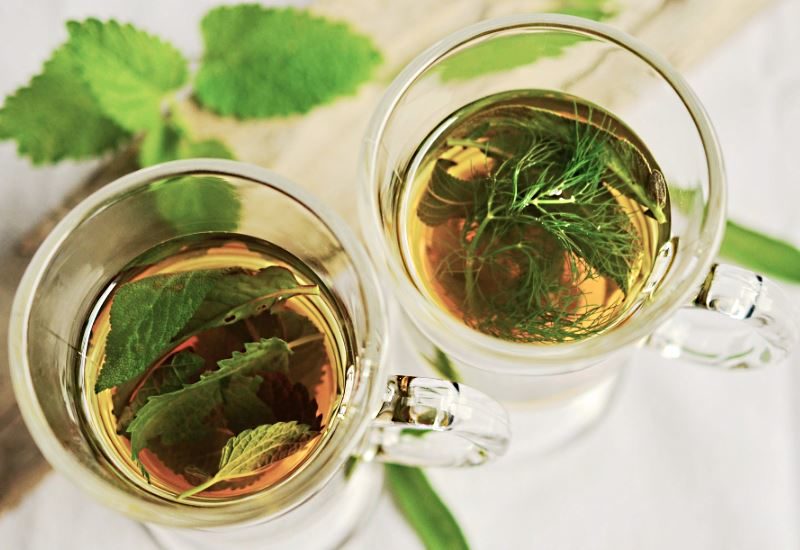If you are not someone living under a rock, you will be familiar with the new wave of organic products that have caught our collective conscience. From food to clothing, natural medicines, toiletries to even clean energy, every area of our life seems to have been taken over by the organic phenomenon.
So what does “Organic” mean?
Simply put, organic refers to produce that is devoid of harmful chemicals and substances that rob an item of its natural essence. As organic.org puts it, “organic produce and other ingredients are grown without the use of pesticides, synthetic fertilisers, sewage sludge, genetically modified organisms, or ionizing radiation.” Organic agriculture promotes and enhances biodiversity, biological cycles, soil biological activity through management practices that restore, maintain and enhance ecological harmony. While slowly but surely, as we get more sensitised about the use of clean organic energy and products in order to diminish the ill effects on mother earth, one area where the organic buzz has quitely grown is the food sector. Everything from vegetables to grains and meats to condiments and spices have organic options.
Another intrinsic part of our lives — especially in a region like ours — where the organic marquee has left its stamp is tea. Consumed by a staggering amount of people and at regular intervals during the day, the kind of brew we drink can have a bearing on our overall health. So it helps to do a re-think on our choice of the concoction and make a smart, healthy choice. The most consumed drink in the world after water, tea that is organically cultivated has a plethora of wide-ranging benefits.
Following are some of its advantages:
It is devoid of pesticides and other harmful chemicals
One of the foremost reasons for choosing organic tea is its ethical cultivation. Tea leaves that are grown the organic way shun toxic pesticides and insecticides. Organic farmers depend on more natural ways to tackle pest and other issues plaguing their plantations such as permaculture. This ensures that you are not ingesting anything harmful while sipping on your favourite cuppa.
According to a 2003 University of Washington study, people who consumed organic foods or drank organic tea had six times lower pesticide concentration than those consuming regular products.
It tastes better
Because no synthetic fertilisers or chemicals are used to grow organic tea, its natural flavours are more pronounced.
It has health benefits
Studies have shown that organic teas contain nutrients and compounds that may help improve or prevent certain conditions. For instance, people who drink it regularly may have a reduced risk of developing arthritis. Some studies suggest that it may even help ward off heart disease.
It’s nutritional
All teas contain a variety of nutrients and antioxidants. Because they’re purer, organic teas tend to have higher concentrations of the most beneficial elements. In terms of nutrients, it typically contains vitamins A, C, E and K. It also often contains potassium, magnesium and calcium and is loaded with flavonoids packed with antioxidant properties. Antioxidants combat harmful free radicals that can cause early aging and negatively impact the immune system.
It extends lifespan
According to a 2003 study published in the Journal of Agricultural and Food Chemistry, organic foods have a significantly higher level of cancer-fighting antioxidants. This means that drinking tea will help you to protect yourself from cancers of the breast, prostate, skin, lung, colon, oesophagus, stomach, among others.
In addition to this, Britain’s Soil Association has reviewed over 400 studies and confirmed that organically grown foods have more vitamins and minerals.
Organic tea saves the planet
While many of the benefits of organically grown tea have mainly to do with health and well-being, it’s important to note that it’s soft on the environment too. Since tea is often grown in higher altitudes, the applied chemicals often reach mountains, hills, rivers, and lakes, resulting in a damaged ecology.
Organic tea however, has an obvious boon — it ensures a healthy and sustainable environment because organic farming does not use chemical fertilisers, pesticides, or insecticides. This practice preserves mother earth’s resources by minimising pollutants and fortifying the soil.
Organic tea helps poor families and small farmers
There are some large organic tea farms in the world. However, the majority of organic farms are on smaller plots of land run by niche, family-based enterprises. This has to do with the nature of organic farming which is ethical. An obvious gain of this set up is that the farmers and cultivators are not exposed to harmful chemicals which can lead to health complications. Besides, the money you spend on every purchase of organic tea tends to go directly to the farmers themselves, rather than profiteering by large firms.








